Aristotle — How to live a good life
2400 years ago Aristotle found out how to be happy.
His Nicomachean Ethics is an operating manual for a good life:
What is good?
First of all, what makes a thing a good thing? A good thing fulfils its unique function.
A good knife is a knife that is good at cutting.

A good eye is an eye that is good at seeing.

Now, what makes a good human? To know what a human should be good at, we need to look at what is unique about humans: We have a soul that thinks and feels.
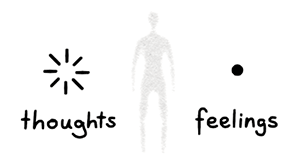
So for us to live a good life means to have an excellent soul. And this excellence reveals itself in a clear intellect and a noble character.
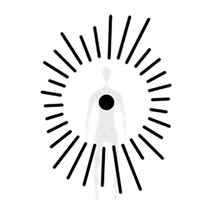
Let’s have a closer look at both and how we can achieve them:
1. The virtues of a clear intellect
Today, we often reduce all our mental abilities to “intelligence”. Aristotle went a bit deeper and identified multiple theoretical virtues:
Art (techne) is the ability to make things.

Intelligence (nous) is intuitive insight into underlying truths of our world.
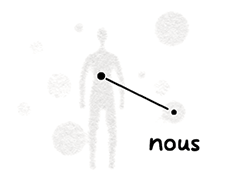
Scientific knowledge (episteme) is our logical reasoning about the world.
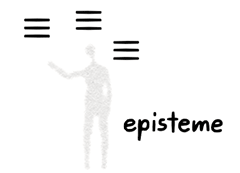
Prudence (phronesis) is our ability to make practical (moral) decisions.
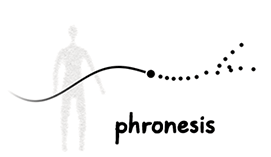
Wisdom (sophia) is a comprehensive understanding of deeper truths.
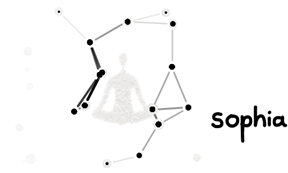
These theoretical virtues help us understand what is true and possible.
And as important as they are, for Aristotle something else is just as vital for a good life: our character.
2. The virtues of a noble character
A good character can handle emotions properly.

We do that by finding the right mean between two extremes:
Courage is the right mean between cowardice and recklessness.
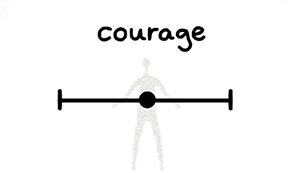
Temperance is the right mean between gluttony and abstinence.
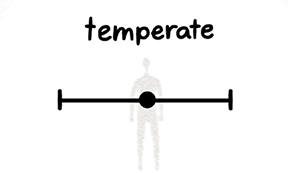
This right mean depends on the person.
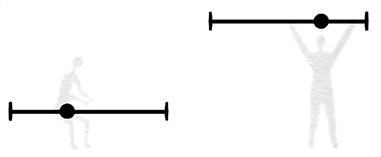
An athlete might need more food than an office worker.
It also depends on the situation.

Sometimes it is better to avoid conflict, at other times it is worth it to stand our ground.
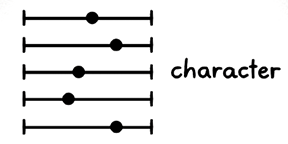
We cannot study rules for proper behaviour. Instead, we must train our character through habituation to find the right mean appropriate to the circumstances.
Action!
In a successful life, the human soul fulfils its purpose through virtuous actions.
Are we born with those virtues?
No. Aristotle says that humans have a capacity to be good, but it is up to us to develop our character. This is best achieved through study and habit.

Excellence is not something you are, but something you do!
A good life…
For Aristotle happiness is achieved through a lifetime of virtuous activity of the soul, involving both intellect and character.
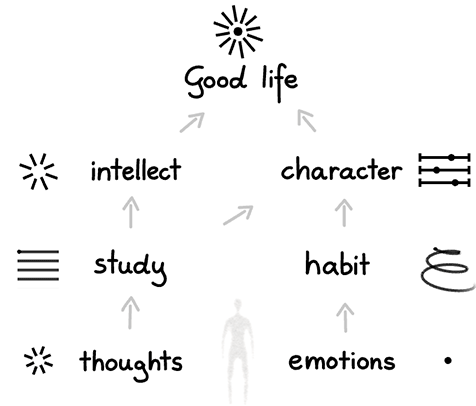
So far so good, you might say—but isn’t happiness about feeling good?
… is a happy life
Aristotle does not deny that pleasure is fun. Money, fame and food are great and contribute to our happiness!
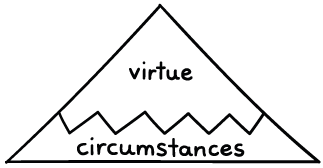
But these things are not essential to a good life.
One might even suffer greatly and still live a virtuous—that is: a good—life. When Aristotle speaks of a “happy” life, he means a fulfilled or flourishing life rather than a pleasurable one.
Such a virtuous life helps us find our place in the world. It is good simply because it suits our nature. Everything we do should ultimately serve the best we can be: a human soul with a clear intellect and a noble character.
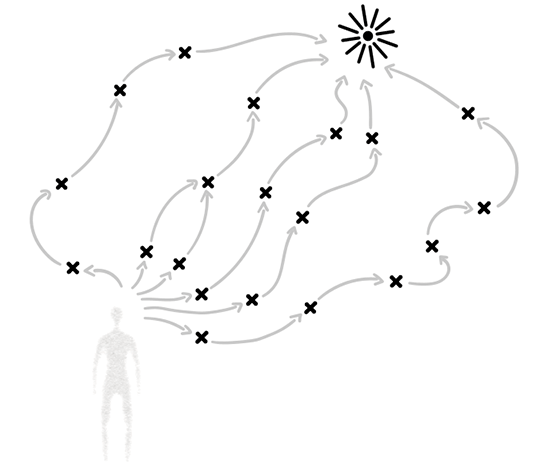
Happiness is not a feeling of pleasure. Happiness is the pursuit of excellence.
If you want to dig deeper
Before you go
If you enjoyed this article, then subscribe to my mailing list to receive more animated stories!
Great presentation of this timeless topic. Especially like your illustrations. Thanks.
Amazing illustrations to drive the point home. Kudos.
excellent, I’ll bite, give me more.
Thank you for your good post.